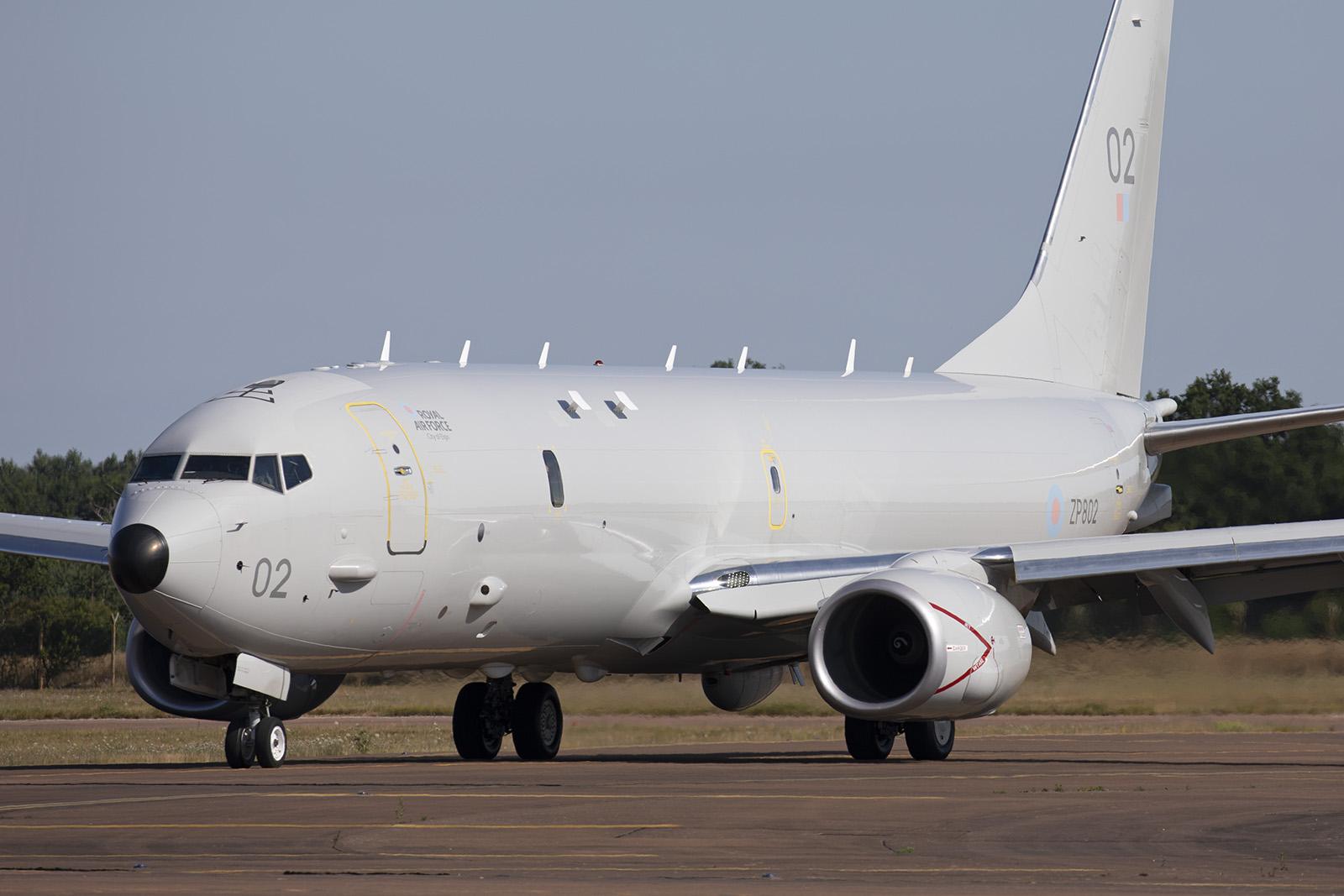
RAF FAIRFORD, England–Ascent Flight Training, the consortium leading the UK’s Military Flight Training System, has been exploring new training regimes to shorten the training pipeline to the front line.
The joint venture of Lockheed Martin and Babcock is responsible for the design and delivery of the training program that churns out dozens of pilots for the Royal Air Force, Royal Navy and British Army every year, providing 103 aircraft including BAE Systems Hawk jet trainers, Grob G120TP Prefect turboprops as well as Airbus H135 and H145 twin-engine light helicopters for rotary-wing training.
Ascent is exploring several new approaches to the flight training syllabus. One sees the rotary-wing training of British Army and Royal Navy pilots shortened by up to three months by eliminating the fixed-wing elementary flying, from the beginning of the course, with ab-initio students immediately flying helicopters. Some additional helicopter flying is required in the adjusted course, Andrew Stradling, business development and communications director at Ascent Flight Training told Aviation Week’s Show News at the Royal International Air Tattoo July 16.
The new approach shortens the course by around three months, but is “delivering the same training outcomes,” Stradling says.
In another trial, pilots destined for fast jets will transition from the G120 Prefect directly to the BAE Hawk T2, leapfrogging the Beechcraft T-6 Texan II turboprop trainer, and “building more capacity into the training system,” Stradling said.
Now Ascent is preparing to open a competition for a new synthetic training system, with an umbrella contract that will train aircrews destined for types such as the Boeing P-8 Poseidon maritime patrol aircraft, the RC-135 Rivet Joint as well as provide pilots and sensors operators for remotely piloted air systems such as the Royal Air Force’s new General Atomics Protector medium altitude, long-endurance air system.
The Future ISTAR [Intelligence, Surveillance, Target acquisition, and Reconnaissance] and Rear Crew Training System (FIRCTS) requirement calls on industry to compete to provide the MFTS Beechcraft King Air Avenger training aircraft—currently provided by Draken Europe—with a ground-based synthetic training system to simulate radar, electro-optical camera systems, acoustics, electronic warfare and data links. The contract calls for an initial operating capability for the service in 2025. An industry day for FIRCTS is planned for July 26 with a request for proposals to be released in October.

